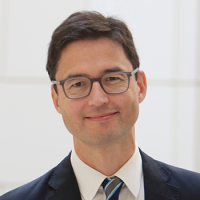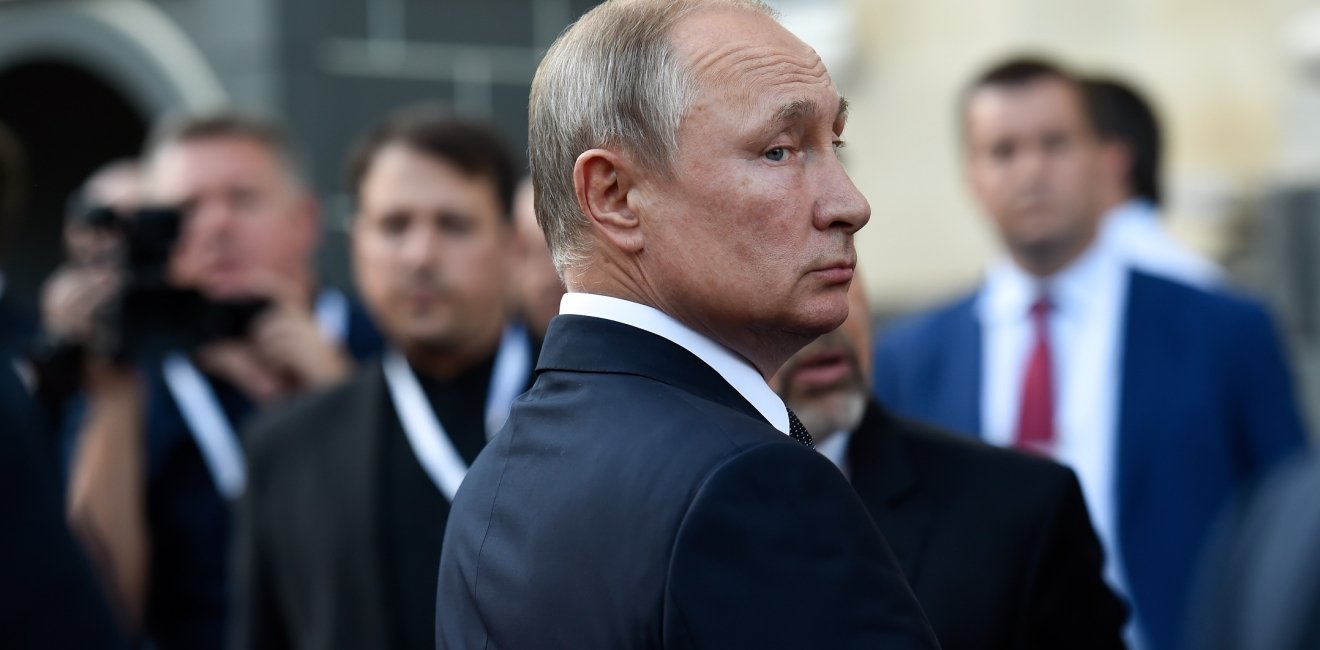
A blog of the Kennan Institute
BY LUCIAN KIM
Russian president Vladimir Putin has made a grave miscalculation, the magnitude of which we are just beginning to understand.
Putin is still trying to package his pitiless assault on Ukraine as a preemptive strike to take out a rival that would one day threaten the existence of Russia. But the longer it goes on, the more Putin’s war will pose new dangers to Russia—and the survival of his own regime.
Putin has forbidden Russians from calling his war a “war,” ordering them to use the euphemistic term “special military operation” under penalty of imprisonment. The former KGB officer lives in a world of conspiracies and subterfuge, where stealth and lies win the day.
Eight years ago, Putin denied that Russian troops were occupying Crimea until they had delivered the entire Ukrainian province to the Kremlin at gunpoint. Putin’s agents then tried to instigate a violent uprising in Ukraine’s Russian-speaking regions in the expectation that the whole country would crumble on its own. Instead, the Kremlin got two rump statelets—the self-proclaimed, unrecognized Donetsk and Luhansk “people’s republics”—that would have collapsed without the clandestine intervention of the Russian army. In 2015, Putin personally dictated the terms of the so-called Minsk agreements, stopping the heaviest fighting—and leaving Kyiv with an unresolvable, festering conflict in eastern Ukraine.
Putin may have had Ukraine in a headlock, but he did not have Ukraine.
It’s telling that when Putin massed his military on Ukraine’s border under the guise of exercises this winter, he did not fool the United States but managed to bluff his own people, from the top of his entourage to the rank-and-file soldiers who suddenly found themselves in the line of fire. The secrecy with which Putin made his fateful decision was embodied by the spectacle of his spluttering foreign intelligence chief, who in a televised meeting in February showed a complete lack of knowledge of Putin’s designs on Ukraine.
Putin has lived in a bubble throughout the COVID-19 pandemic, isolating himself from even his closest confidants. His choice of long or short tables in meetings with world leaders and cabinet ministers was a cause of mirth in the lead-up to the attack. That Putin was not even ready to risk the photo op of shaking his defense minister’s hand demonstrates his level of paranoia.
In advance of International Women’s Day, Putin did choose to have tea with a group of female flight attendants, who presumably first had to quarantine before the staged meeting. Putin reassured the flight attendants that everything was going “according to plan,” falsely asserted that conscripts were not being sent into battle, and blamed Ukraine’s stubborn resistance on nationalists and neo-Nazis.
How much Putin knows or doesn’t know is open to debate. But there is plenty of evidence that Putin convinced himself that the Russian forces would swiftly decapitate the Ukrainian government and install a puppet regime. Clearly, things are not going to plan, and the implications are deeply troubling: Either Putin believes his own propaganda that Ukraine is run by drug-addled neo-Nazis; or Russia’s intelligence services are so incompetent that they totally underestimated Ukrainians’ fighting spirit; or Putin’s generals knew the true situation on the ground but were too scared to tell him.
Defeat is not an option for Putin, as he portrays the battle for Ukraine as an existential fight to keep the country out of NATO. It is a bizarre fixation, since the last U.S. president to support Ukraine’s NATO membership was George W. Bush. When Putin first attacked Ukraine in 2014, Ukrainians had just taken to the streets to demonstrate for closer alignment with the European Union—not NATO. In fact, before the annexation of Crimea, more Ukrainians saw NATO as a threat than as a protector, and Ukraine’s nonaligned status was enshrined in law. At the time, Ukraine barely registered on the foreign policy agenda of the Obama administration, which was busy “pivoting” toward Asia and had just withdrawn the last U.S. battle tank from Germany.
Besides Ukraine's “neutrality,” Putin has defined his objectives as “denazification” and “demilitarization," denying any plans to occupy the country. Given the level of Ukrainian resistance, what is Putin’s exit strategy? When does the Kremlin declare victory and bring the troops home? There are no clear or good options.
Putin’s colossal intelligence failure lies in his inability to grasp the country that Ukraine has become in thirty years of independence. Despite their closeness to Russia in language, culture, and religion, Ukrainians as a people, regardless of their ethnic roots, have forged a distinct civic identity. Three people-power revolutions—the 1991 independence movement, the 2004–05 Orange Revolution, and the 2013–14 Revolution of Dignity—have taught Ukrainians to stand up for their rights and take their fate into their own hands. When Putin first unleashed the dogs of war on eastern Ukraine, ordinary Ukrainians volunteered not only to fight but to supply and sustain their army. Ukraine’s central government may be weak, but the solidarity within Ukrainian society only grows stronger in the face of adversity.
The fundamental difference between Ukraine and Russia today is that Ukrainians have become citizens of their own country, while Russians remain subjects of their ruler.
Putin’s misreading of Ukrainians as agents of their own destiny will lead to defeat. Morally, he has already lost the war, and a victory on the battlefield will prove to be Pyrrhic. Even with a massive occupation force, Putin will never be able to impose his will on Ukraine.
Meanwhile, the blowback from the war is only starting to reach Russia.
The opinions expressed in this article are those solely of the authors and do not reflect the views of the Kennan Institute.
Author

International Crisis Group

Kennan Institute
After more than 50 years as a vital part of the Wilson Center legacy, the Kennan Institute has become an independent think tank. You can find the current website for the Kennan Institute at kennaninstitute.org. Please look for future announcements about partnership activities between the Wilson Center and the Kennan Institute at Wilson Center Press Room. The Kennan Institute is the premier US center for advanced research on Eurasia and the oldest and largest regional program at the Woodrow Wilson International Center for Scholars. The Kennan Institute is committed to improving American understanding of Russia, Ukraine, Central Asia, the South Caucasus, and the surrounding region through research and exchange. Read more

Explore More in The Russia File
Browse The Russia File
Chechnya as a Model of Modern Russia

Russia’s Indigenous Communities and the War in Ukraine

Gas and Power in a Changing US–Russia Relationship

